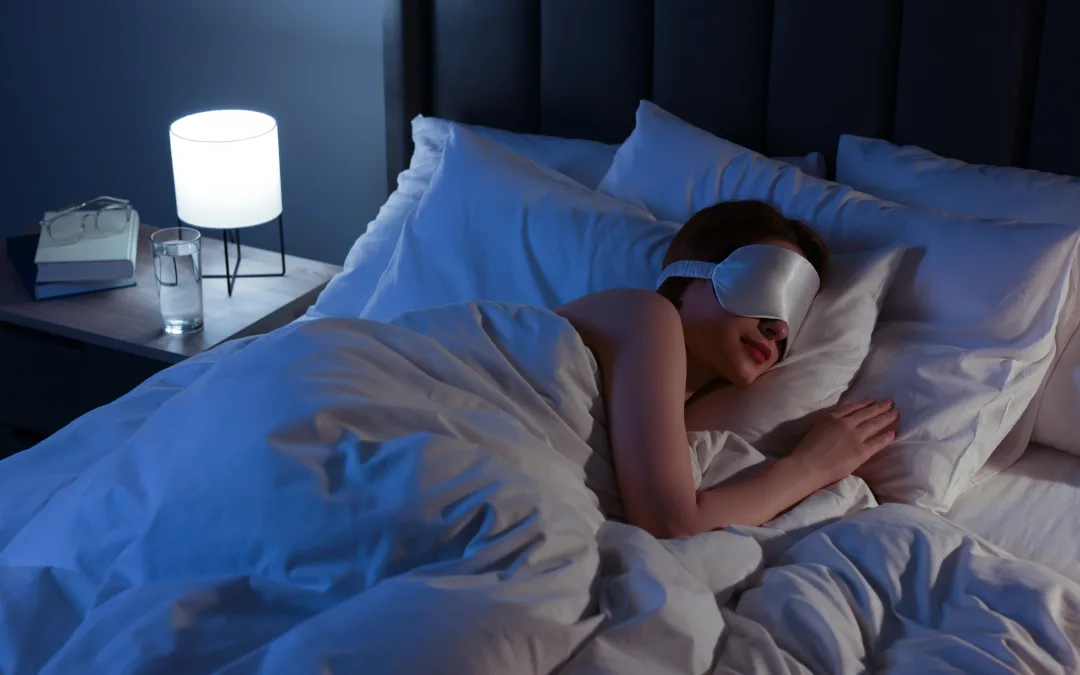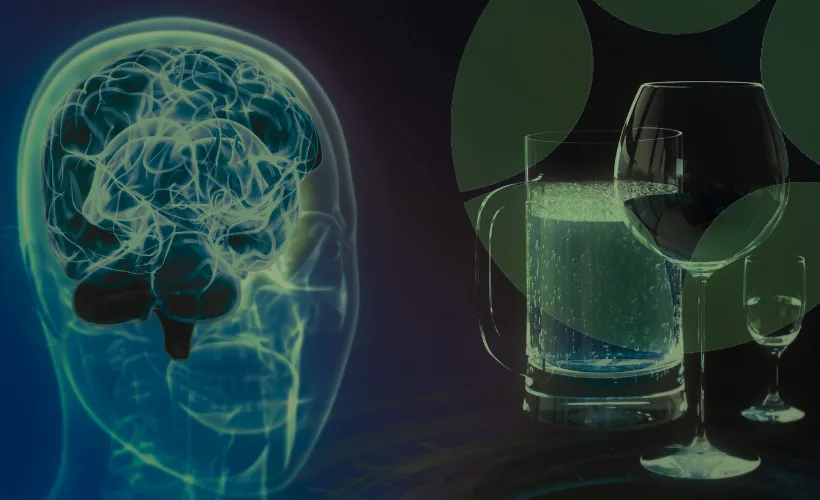
What Your Vape Is Really Doing to Your Brain
Discover the hidden mental health risks of vaping nicotine and THC, including anxiety, depression, and…

Discover the hidden mental health risks of vaping nicotine and THC, including anxiety, depression, and…

Struggling with sleep or insomnia? Explore the critical link between rest and mental health and how TMS may…

Explore the emotional challenges of motherhood, the struggles with postpartum depression, and how TMS…

Learn strategies for managing anxiety and conflict avoidance — even when the topic is tough.

As anxiety grows, many, especially young people, are distressed. Explore the impact on mental…

April is Sexual Assault Awareness Month. Learn how TMS Therapy offers real, lasting relief for…

In Spokane, patients facing depression have more options than ever. Explore the differences…

How does alcohol really effect your brain? Discover a breakthrough approach to reducing…

Feel like yourself again. Find relief from Depression in Vancouver, WA – without medication.

Learn about the impact of low self-esteem on mental health and how TMS can help…